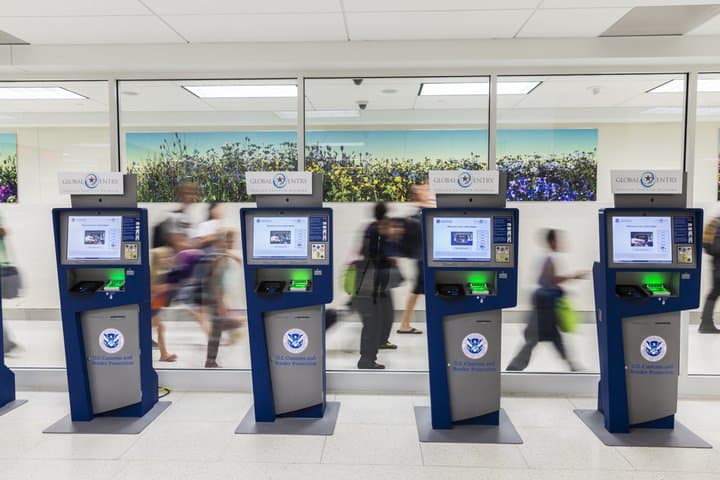The U.S. Department of Homeland Security has proposed the prescreening of Chinese travellers before coming to the CNMI as part of a transition plan leading to the eventual termination of the visa waiver programme for the China market.
The proposed rule would establish the CNMI Economic Vitality & Security Travel Authorisation Programme, or EVS–TAP, as a restricted sub-programme of the current visa waiver programme.
The proposed system would require travellers from China to obtain electronic travel authorisation to travel to the CNMI before departure.
“By requiring an electronic travel authorisation, (Customs and Border Protection) will be able to screen travelers seeking to enter the CNMI under the CNMI EVS–TAP prior to their arrival in the CNMI,” the department stated in a proposed rule posted this week on the Federal Register.
Under the current visa-waiver programme regulations, U.S. Customs and Border Protection Form I–736, in paper form, is presented to CBP upon arrival.
DHS noted that under the proposed programme revision, an electronic travel authorisation “is not a visa” and would not guarantee automatic admission to the CNMI.
“That determination is made by a CBP officer only after an applicant for admission is inspected by the CBP officer at a U.S port of entry,” the proposed rule stated.
The proposed new programme is set to take effect on 30 September. Once it is fully implemented,” DHS said, “the current parole policy for (Chinese) nationals seeking to enter the CNMI will be discontinued.”
DHS said the proposed programme is based on recommendations following consultations between the U.S. and the CNMI. The proposal came on the heels of the U.S. lawmakers’ call for the termination of the CNMI visa-waiver programme, which they said opened the floodgates for all sorts of problems in the commonwealth, including drug trafficking, illegal immigration, organised crime and, possibly, espionage.
DHS said the proposed new e-authorisation requirement would cut administrative costs that entail the onsite screening at the Saipan airport under the current programme. Once implemented, the programme would result in $4.3 million in savings for the government and the carrier.
